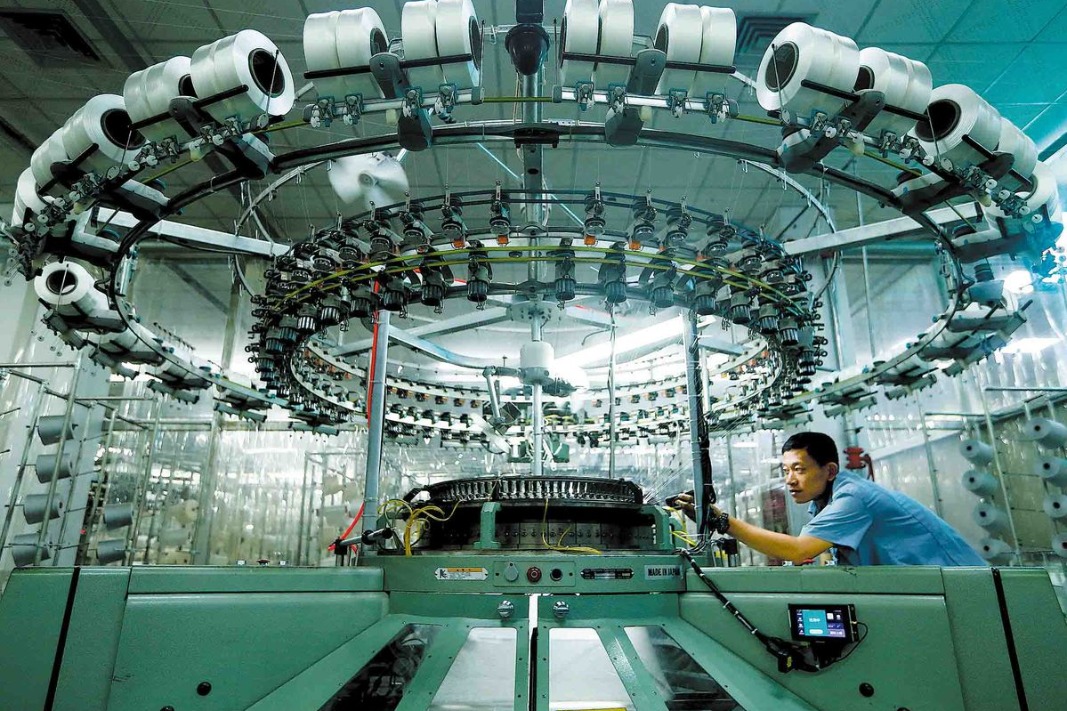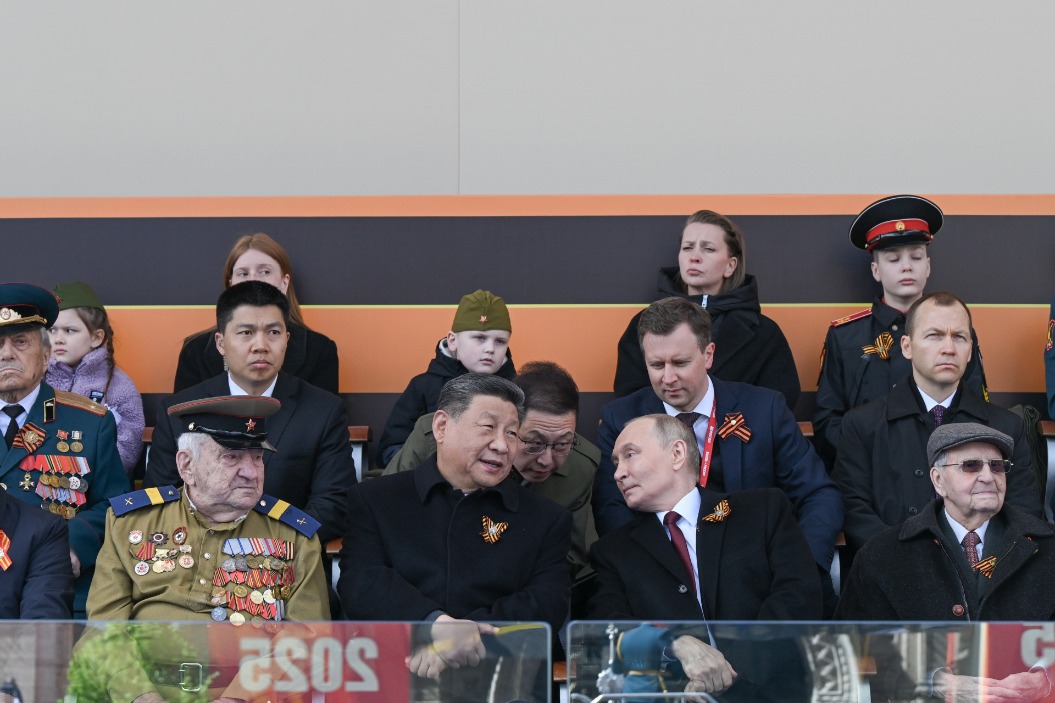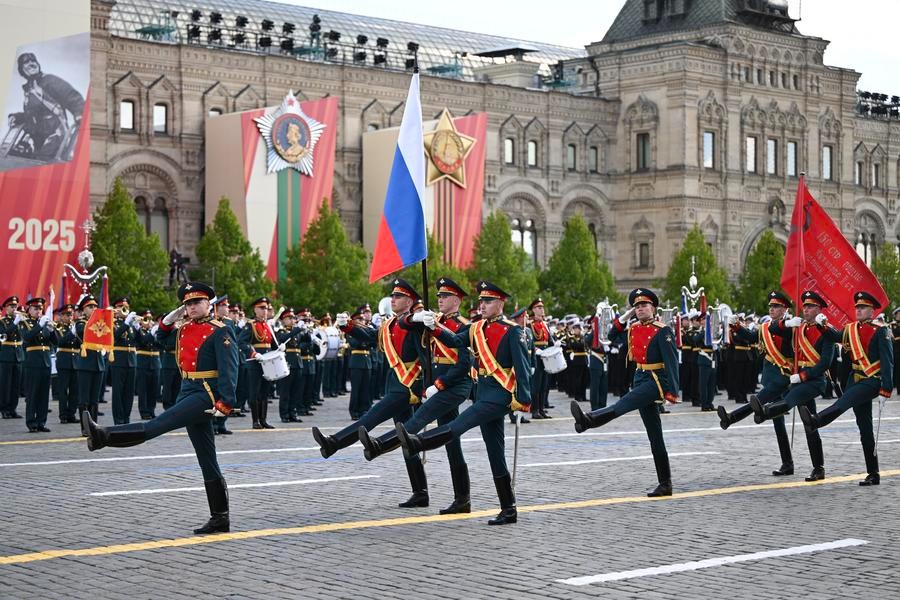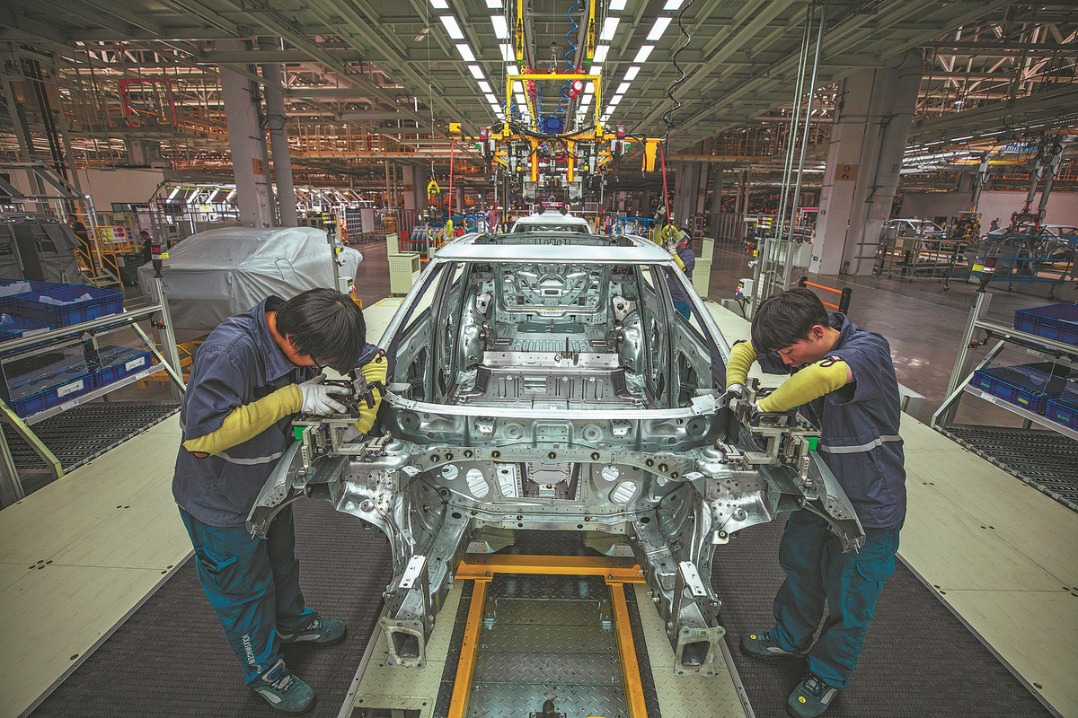False perspective


US' Africa and Latin America strategies are largely about competing with China rather than building genuine relations with the regions
The rise of China as a genuine global power in the last few decades has drastically changed the complexion of global geopolitics. China is now the second-largest economy in the world and is on track to become the largest in a few years' time. The meteoric growth of its economy has given China's role in global affairs a tremendous boost. Whether on climate change, international trade, poverty eradication, governance of the digital technology or responding to pandemics, China's voice in the resolution of global challenges has become increasingly difficult to ignore. As its strategic security, economic and diplomatic interests have gained a distinctively global scope, China has to cultivate cordial relations with countries in far-flung regions of the world.
Hence, according to the 2019 Global Diplomacy Index, released by the Lowy Institute in Australia, China has invested in and expanded its diplomatic footprint with 276 embassies, consulates and other missions spread across the world, more than any other country. In this way, the Asian giant has intensified its relations with countries in Africa and Latin America over the last two decades. China has become both regions' largest bilateral trade partner with trade between China and Africa reaching a record $254 billion in 2021 while trade with Latin American and Caribbean countries reached $450 billion in the same year. In both cases the value of trade is way beyond the regions' trade with the United States — the world's largest economy. Despite being in the US' backyard, Latin America and Caribbean countries' trade with China surpasses their trade with the US by a massive $155 billion.
Parallel to its deepening economic cooperation with the two regions, China has also embarked on an intensive diplomatic drive. This is best manifested through initiatives such as the Forum on China-Africa Cooperation and the China-Community of Latin and Caribbean States Forum which are China's regional diplomacy mechanisms. While China maintains vibrant bilateral relations with almost every state in the regions, the US has reduced its diplomatic footprint in these regions over the years, a signal that they are not on the list of Washington's foreign policies. Moreover, China's cultivation of mutually beneficial relations with Latin America and Africa is part of its promotion of South-South cooperation which is the anchor of a more just and equitable global order. This is underpinned by China's flagship foreign policy, the Belt and Road Initiative. The initiative, conceptualized and funded by China, seeks to promote trade, finance, policy and cultural cooperation and enhance connectivity through infrastructure development in the energy, transport and communications sectors. About 21 states in Latin America and 52 African countries and the African Union Commission have signed up for and benefited immensely from the Belt and Road Initiative which has driven investments up by tens of billions of dollars in both regions.
However, China's activities in the two regions have made the West in general and the United States in particular visibly ill at ease. Their narrow and one-dimensional view of the world has led the pundits and policymakers in the US to interpret China's presence in Africa and Latin America and the broader world from a zero-sum lens. For some reason, China's growing cooperation with the two regions is seen as undermining the US' global influence and leadership. Such attitudes largely stem from Washington's arrogant appropriation of Latin America and Africa as its spheres of influence or satellite regions. US diplomats and government officials have gone to the extent of erroneously characterizing China's presence in Africa as part of a colonizing mission. Further, China's association with the two regions and its emphasis on South-South cooperation have been viewed as an attempt to revise the post-1945 global order which has one-sidedly favored the US and the broader West at the expense of the developing world.
As a result, Washington has consistently labeled China as a strategic threat to its national interests in a series of national security strategy documents. To counter China's growing influence, the US and its allies have launched an irrational trade war against China, put together illogical and dangerous military coalitions such as the Quadrilateral Security Dialogue meant to contain China in the "Indo-Pacific "region, quickly and clumsily proclaimed the Partnership for Global Infrastructure and Investment (PGII) to rival China's Belt and Road Initiative, and in Africa the US recently issued a remarkably underwhelming US Strategy Toward Sub-Saharan Africa. The US' Africa strategy is largely Washington's attempt to compete with China's presence in the region and less about building genuine relations with the continent.
The US and its allies are creating a non-existent "China problem" in Africa and Latin America stemming from their misplaced perception that China is competing with the West. Instead, what the West should realize is that it is better for them and their economies if they cooperate rather than compete with China in driving economic development in developing regions. China has consistently emphasized through the Belt and Road Initiative and most recently through such initiatives as the Global Security Initiatives and the Global Development Initiative the need to build a community with a shared future for mankind. This is because the common interests of all countries, such as peace and security, economic development and environmental protection, are indivisible and inherently intertwined. They can be better addressed through cooperation and collaboration rather than competition. It does not make much sense to create a pale imitation of China's Belt and Road Initiative in the form of the so-called PGII as a means of competition. It makes much more sense for the West to join the initiative and collectively improve it where it's lacking. The development of poor countries especially in Africa is good for the world. As such, major powers especially in the West must desist from politicizing global development by creating conflict with major powers such as China where none exists.
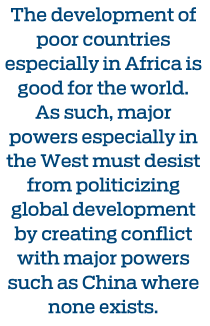

The author is an associate professor of international relations and political science and director for the Centre for Africa-China Studies at the University of Johannesburg. The author contributed this article to China Watch, a think tank powered by China Daily.



















